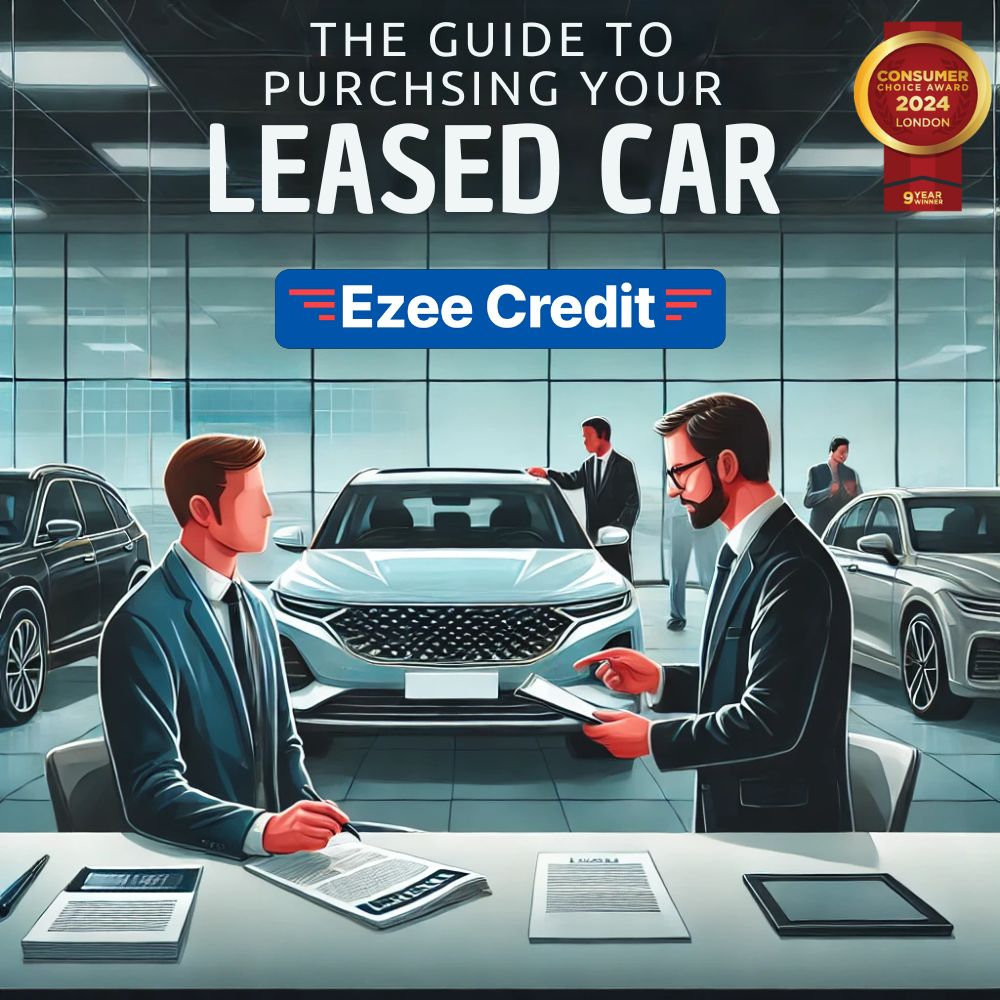
Leasing a car offers a blend of flexibility and convenience, allowing drivers to enjoy the latest models without a long-term commitment. However, as the lease ends, many drivers consider the future of their leased vehicle. The question often arises: “Can I purchase my leased car?” Some may also wonder about an early buyout. This article explores the process, benefits, and considerations of purchasing your leased car, both at the end of the lease term and earlier.
Can I Purchase My Leased Car?
Yes, purchasing your leased car is an option for many lessees. Lease agreements typically include a buyout option, outlining the terms under which you can buy the vehicle. This price, known as the residual value, is determined at the beginning of the lease and represents the vehicle’s estimated worth at the lease’s end.
Understanding the Lease Buyout Option
A lease buyout allows you to transition from lessee to owner, offering a seamless path to car ownership. This option is appealing for several reasons:
- Familiarity with the Vehicle: You know the car’s history, maintenance, and quirks.
- Avoiding Over-mileage and Wear-and-Tear Fees: Buying the vehicle means avoiding penalties for exceeding mileage limits or wear and tear.
- Market Value vs. Residual Value: If the car’s market value is higher than the residual value, you’re getting a good deal.
Can I Purchase My Leased Car Early?
Many lease agreements allow for an early buyout, depending on the specific terms set by the leasing company. An early buyout can be advantageous under certain circumstances:
- Avoiding Additional Fees: If you’re likely to exceed the mileage limit or have incurred wear and tear, buying the car early could be wise.
- Market Conditions: If the vehicle’s market value significantly exceeds the residual value, an early buyout might be beneficial.
However, consider the financial implications of an early buyout, such as:
- Early Termination Fees: Some leases include penalties for early termination, which could negate the financial benefits.
- Remaining Payments: You’ll typically need to pay the remaining lease payments in addition to the buyout price, which could make the early buyout more expensive.
The Process of Buying Your Leased Car
- Review Your Lease Agreement: Understand the buyout options, residual value, and any associated fees.
- Evaluate the Vehicle’s Value: Compare the car’s residual value to its current market value to ensure you’re making a sound investment.
- Secure Financing: If you’re not paying the buyout price in cash, shop around for the best auto loan rates. Financing the buyout through a bank, credit union, or online lender can often yield better terms than going through the dealership or leasing company.
- Contact the Leasing Company: Inform the leasing company of your intention to buy out the lease and coordinate the process, including any necessary paperwork and payments.
Benefits of Purchasing Your Leased Car
- Continued Enjoyment: If you love your car, buying it out allows you to keep driving it without interruption.
- Potentially Favorable Economics: Depending on the car’s residual and market values, you might secure a great deal.
- Simplicity: You avoid the hassle of car shopping, negotiating trade-ins, and adapting to a new vehicle.
Conclusion: From Lessee to Owner
Purchasing your leased car, whether at the end of the lease or earlier, can be a strategic decision that aligns with your personal preferences and financial goals. By carefully evaluating the terms of your lease, the vehicle’s condition and value, and your financing options, you can make an informed choice that turns a temporary arrangement into lasting ownership. Consulting with financial advisors or automotive experts can ensure that your transition from leasing to owning is smooth and beneficial.
Need a car?
You can find the best used car financing and leasing terms in London and Cambridge Ontario from us at ezeecredit.com
